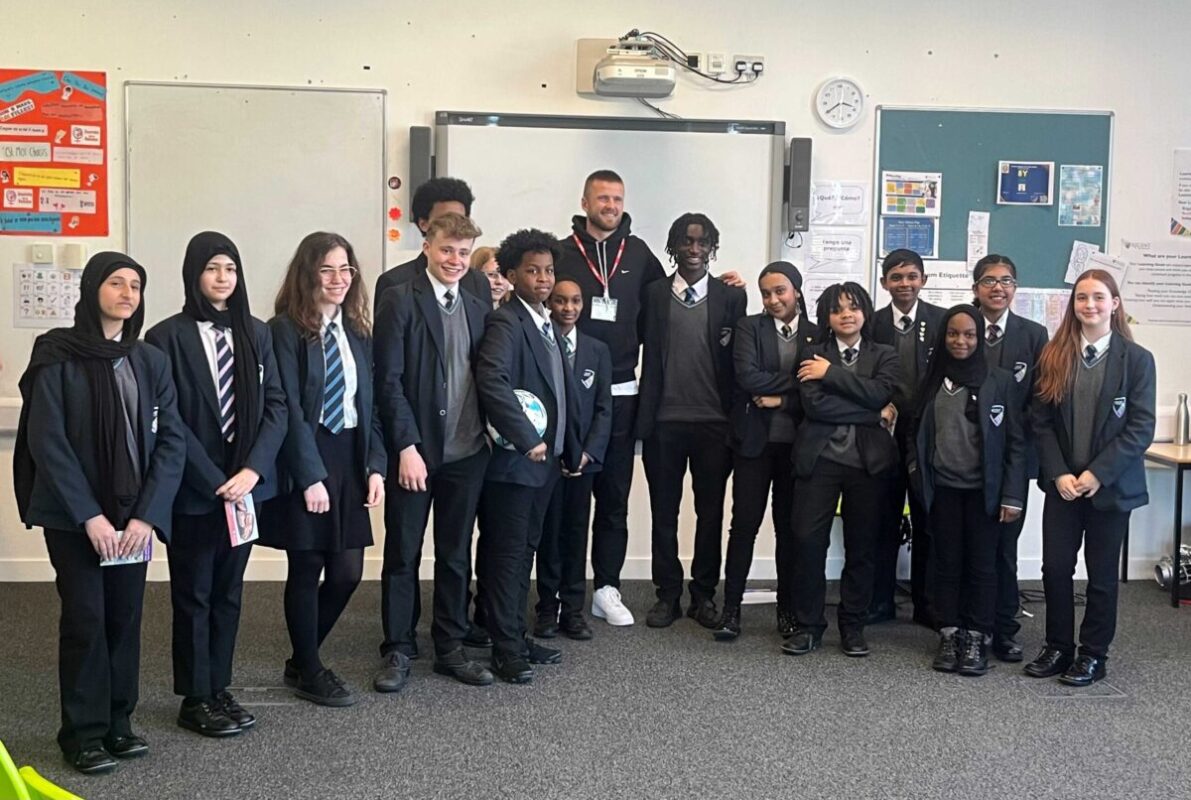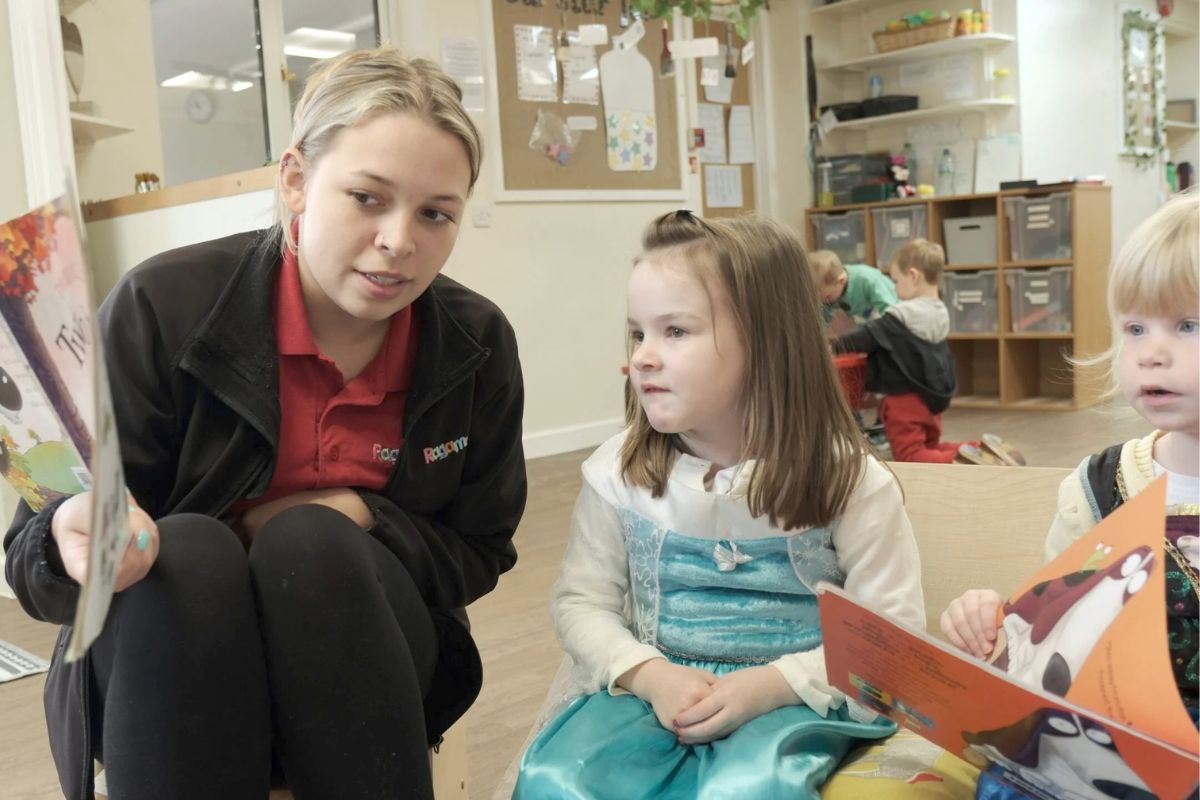Majority of Brits regret not learning another language

England and Tottenham footballer, Eric Dier, and learning company, Pearson, have teamed up to help the next generation avoid the same language regrets as today’s UK adults, as new research reveals the challenges facing monolingual-Britons.
Three-quarters (73%) of people who speak just one language wish they could speak another according to new research released today by Pearson, the world’s digital media learning company.
The survey of 2,000 UK adults revealed that more than half (54%) of monolinguists have faced difficulties in life as a result of not being able to speak another language. Nearly a quarter have felt embarrassed by their inability to communicate on holiday or while travelling (23%) with a fifth feeling uncomfortable that they could not speak to someone who communicates in a different language (21%). One in six feel that it has limited their confidence to travel abroad (17%).
In contrast, nearly nine in ten (86%) UK adults who speak another language say it has supported them in a multitude of ways, including understanding other cultures better (47%), having the confidence to travel the world (36%), making international friends (34%), increasing self-confidence (31%), and as well as living abroad (30%). One in eight even attributes meeting their partner to knowing an additional language (13%).
With two-thirds of Britons saying they would have chosen to learn a language at school (66%), Pearson has announced its plans to help ensure today’s learners don’t have the same regrets by launching their reformed 2024 MFL GCSE draft qualification with a nationwide More than words campaign, which aims to encourage more young people to consider learning a language.
England and Tottenham footballer and polyglot, Eric Dier, is supporting the Pearson More than words campaign and spoke with students at Regent High School in London yesterday about the impact language learning had on his life and the doors it can open for others. The Tottenham defender said: “Languages have been an integral part of shaping the person I am today. From my childhood in Portugal, where languages helped me to make friends and understand and thrive in different cultural communities, to communicating effectively with my teammates and coaches in my football career today. People don’t always expect me to be able to speak so many languages, but I enjoy the process of learning them and the world of possibilities it opens up.”
Discussing the wider picture of language learning in schools and their plans to ‘reignite interest’ in languages, Katy Lewis, Head of MFL at Pearson said:
“Almost half (45%) of all UK adults think that it is more important to speak another language today than it was 20 years ago and yet, uptake in GCSE and A Level languages has been in steady decline. We’re committed to reigniting interest in the subject through meaningful qualifications that allow all students to develop their language skills, regardless of their background, ability, or reason for studying a language.
“We are working with schools, language experts, inspiring multilinguists, like Eric Dier, and learners across the UK to promote how languages are so much more than words and their power extends far beyond the classroom walls. By creating inclusive and relatable content and deepening the collective passion around language learning, we can better equip all students for life and future careers in our increasingly connected world.”
When respondents to the Pearson-commissioned survey were asked what would most encourage young people to study a language today, the top five responses were: showcasing the benefits to their future lives, making the subject more interesting, learning about different cultures and lifestyles as well as vocabulary, making content more relevant to young people’s lives and making it more accessible.
Pearson’s new range of future-focused language qualifications in French, German and Spanish have been designed in consultation with hundreds of schools and trialled with over 800 students to authentically represent and reflect the rich diversity and experiences of students across the UK. Built on the foundation of inclusivity, accessibility and transparency, the qualifications, for first teaching in September 2024, take a student-centred approach and combine clear, concise and straightforward assessments with engaging, relatable content.
If you are interested in finding out more about Pearson’s More than words campaign and their new language GCSEs, please visit: go.pearson.com/MFLGCSE24











Responses